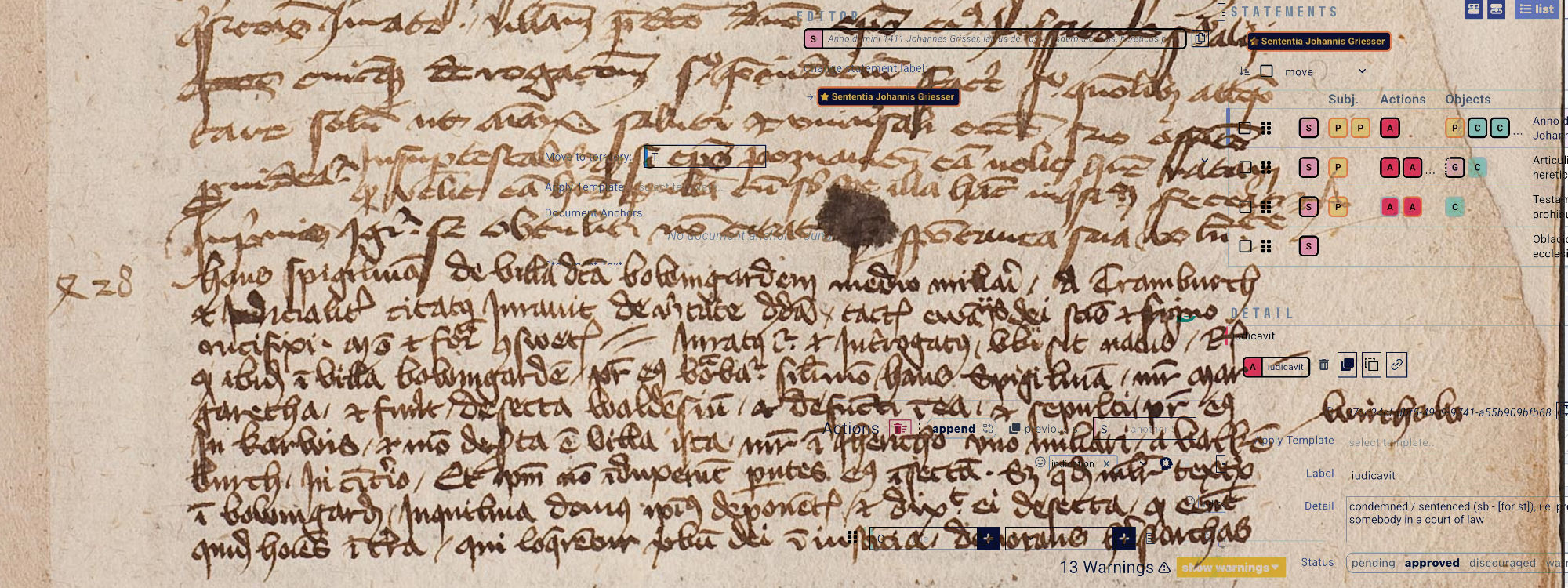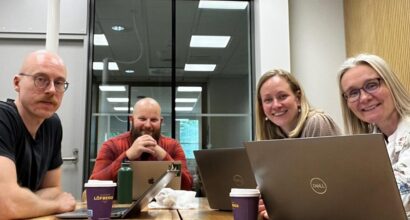The late Middle Ages (c. 1300–1500) was a crucial era of transformation. During this period, increasing levels of literacy and education, rapid urbanisation and an expanding economy led to the blooming of lay devotion through the emergence of new forms and modes of religiosity. Nonetheless, it was also an era of clericalisation, during which ecclesiastical authorities tightened their hold on beliefs and devotional practices. New mechanisms were sought to centralise the Church’s power. Yet, the laity’s agency and activity were vital in reproducing and maintaining religious structures and norms. This interaction and constant (re)negotiation between normative demands and daily practices constituted a driving force of medieval culture and society.
CULTCTRL is dedicated to addressing these concerns by taking substantial historiographical and methodological strides in utilising systematic pattern queries and Computer Assisted Semantic Text Modelling (CASTEMO). The project is the first large-scale approach to canonisation and inquisition sources through a comparative lens.


